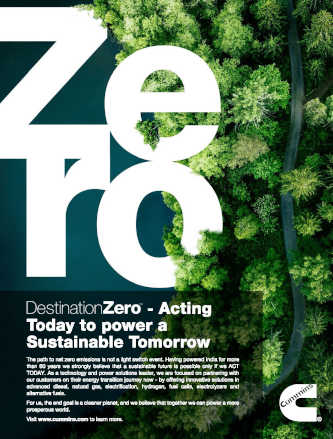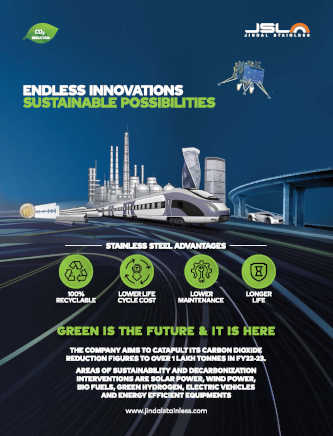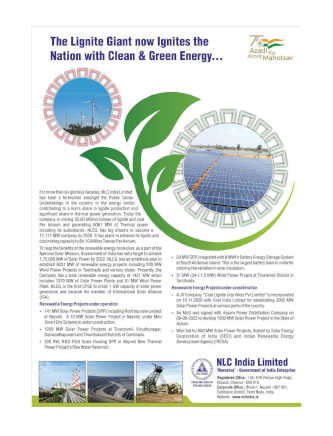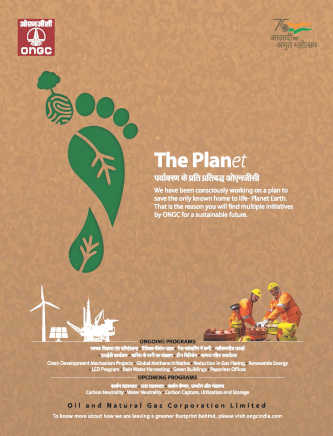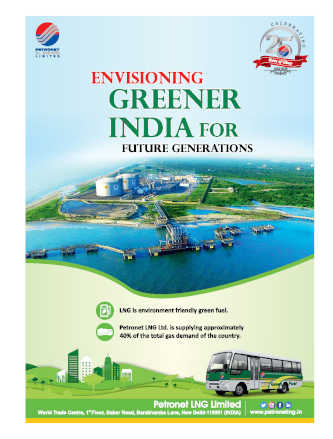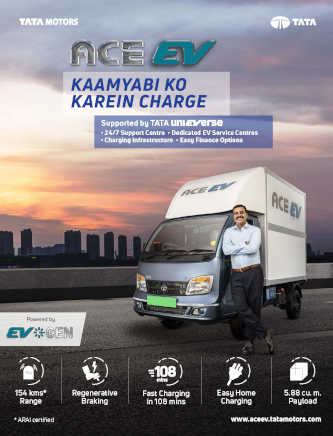Adani Green Energy Ltd (AGEL) is planning to set up 45 gigawatts (GW) of renewal energy capacity by 2030 as an effort to support India’s carbon neutrality target. AGEL has 8,316 megawatts (8.3 GW) of operational renewable energy capacity and another 12,118 MW either nearing construction or under execution. The target is to take this 20,434 MW (operational plus under execution projects) to 45,000 MW (45 GW) by 2030. The company is looking to build roughly 3 GW of capacity to generate electricity from solar and wind energy every year. French energy giant TotalEnergies holds a 19.7 per cent stake in AGEL. Recently US investment firm GQG Partners picked a 6.8 per cent stake in the company and Qatar Investment Authority (QIA) another 2.8 per cent. The capacity AGEL is building is about 10 per cent of the renewable energy capacity that India is targeting by 2030 in the transition towards achieving a net-zero carbon emission target by 2070. In terms of revenue visibility, there is a 25-year fixed-tariff power purchase agreement (PPA) with an average portfolio tariff of Rs3.02 per unit, sources said. Other industry leaders like Tata Power, ReNew Power and Acme Solar and state-owned NTPC have also announced big plans to transition to green energy. AGEL is tapping into this source of energy abundantly available in states like Rajasthan and Gujarat. Rajasthan is becoming one of the country's most vital solar energy centres. A transmission corridor is taking shape in its western part with 1.25 lakh hectares of government land being available for setting up solar plants. AGEL is one of the largest investors in Rajasthan's energy sector. Adani Renewable Energy Park Rajasthan Ltd (AREPRL) – a joint venture of AGEL and the state government's nodal agency for developing non-conventional energy sources RRECL, is developing solar parks with a cumulative capacity of 10,000 MW in a phased manner. To develop wind projects, the company evaluates regions with wind resource potential across the country. It has installed many wind masts in resource-rich areas like Mundra in Gujarat and Ratlam in Madhya Pradesh. AGEL's wind power plants have an operational capacity of 1,201 MW. Wind and solar energy have variable supply, posing a challenge to large-scale adoption of renewables. Hybridisation of wind and solar reduces this variability due to the complementary nature of their generation profile – solar generation is higher during the day, while wind generation can be higher at night. AGEL is already the largest solar developer in the world and on its way to becoming the largest renewable company in India and among the most formidable renewable energy players in the world, the sources said. AGEL's solar-wind hybrid projects have an operational capacity of 2,140 MW, sources said. The company has been ranked first in Asia and among the 'Top 10 RE companies globally' by ISS-ESG in its ESG assessment.
-
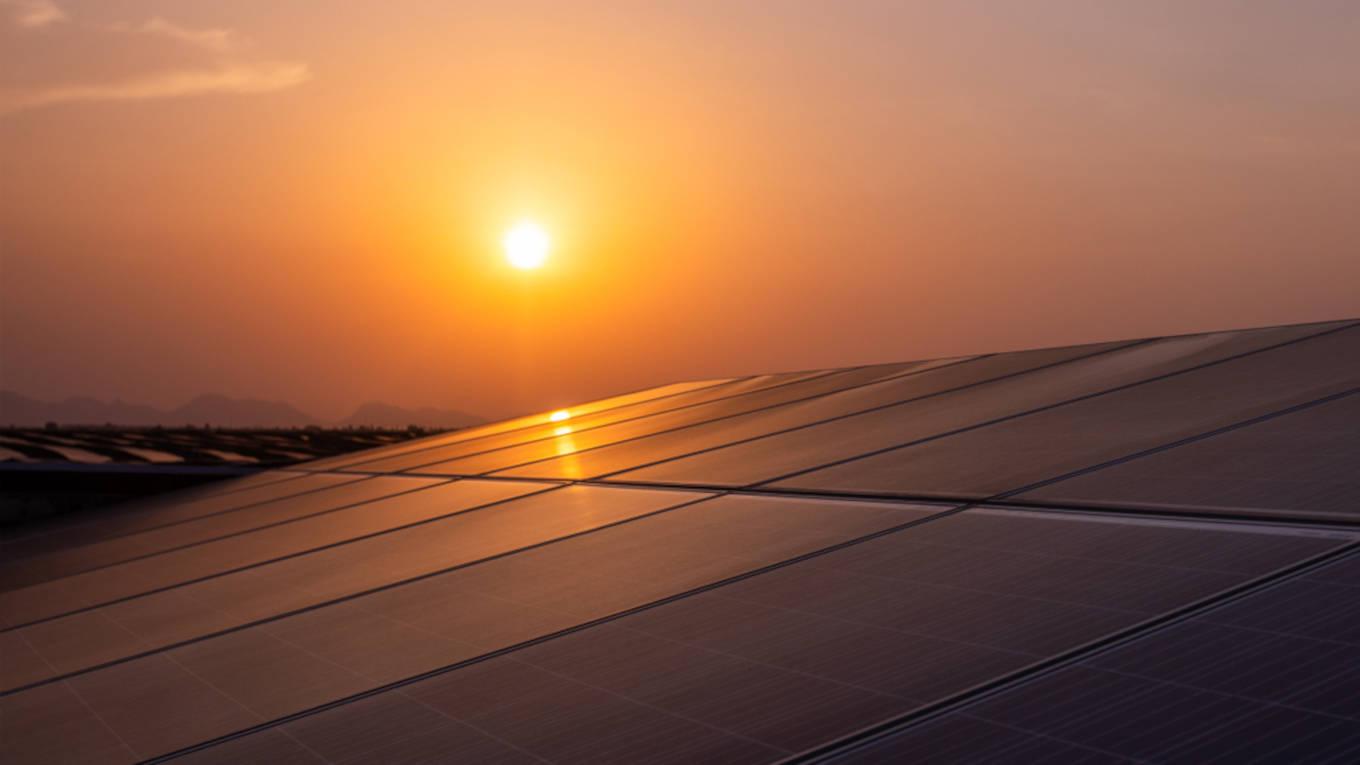
AGEL, in partnership with Rajasthan government, is developing solar parks with a cumulative capacity of 10,000 MW in a phased manner


